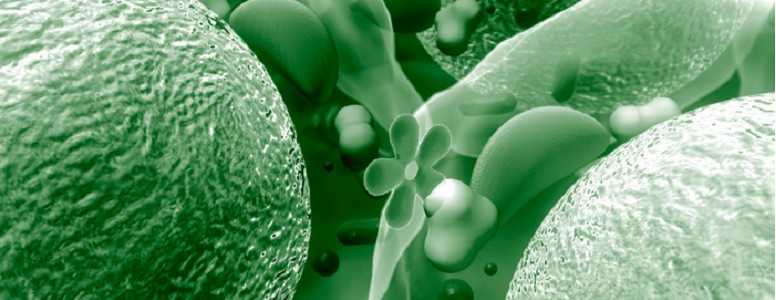Recurrent episodes of diabetic ketoacidosis (DKA) is associated with a 23 per cent risk of death in people with type 1 diabetes according to a UK study by Edinburgh researchers.
DKA is a condition which can occur in people with type 1 diabetes. It is brought on by taking insufficient insulin and is more likely to occur if an insulin injection has been missed or delayed.
Ketoacidosis is not as common a complication as severe hypoglycemia, but it is very dangerous and requires immediate emergency care.
The researchers, from the Royal Infirmary of Edinburgh, carried out a retrospective cohort study to review all recorded cases of DKA occurring at the Edinburgh hospital between 2007 and 2012. The review included 298 individuals and 628 admissions for ketoacidosis.
The researchers compared how risk varied between people who had just one episode of DKA over the time period and those that had recurrent, five or more, episodes of DKA during the period.
When the researchers reviewed the risk of death, there was a 23.4 per cent risk of death for individuals that had five or more DKA episodes over a 2.4-year period. These people were therefore having at least two DKA episodes a year.
The results showed that recurrent DKA was more likely occur in:
People diagnosed at an earlier age – median 14 years old)
People with higher HbA1c levels – average of 103 mmol/mol (11.6%)
People that were young - average of 25 years-old
People were more socially deprived
The study found antidepressant use to be much more common within people that had recurrent DKA episodes rather than a single episode. By comparison, the risk of death in people having one DKA episode over the 2.4 year period was 5.2 per cent.
The researchers note that structured diabetes education could help to make DKA episodes less common, noting that attendance of the DAFNE course is associated with a 61 per cent reduction in DKA within the 12-month period after having taken the course.






